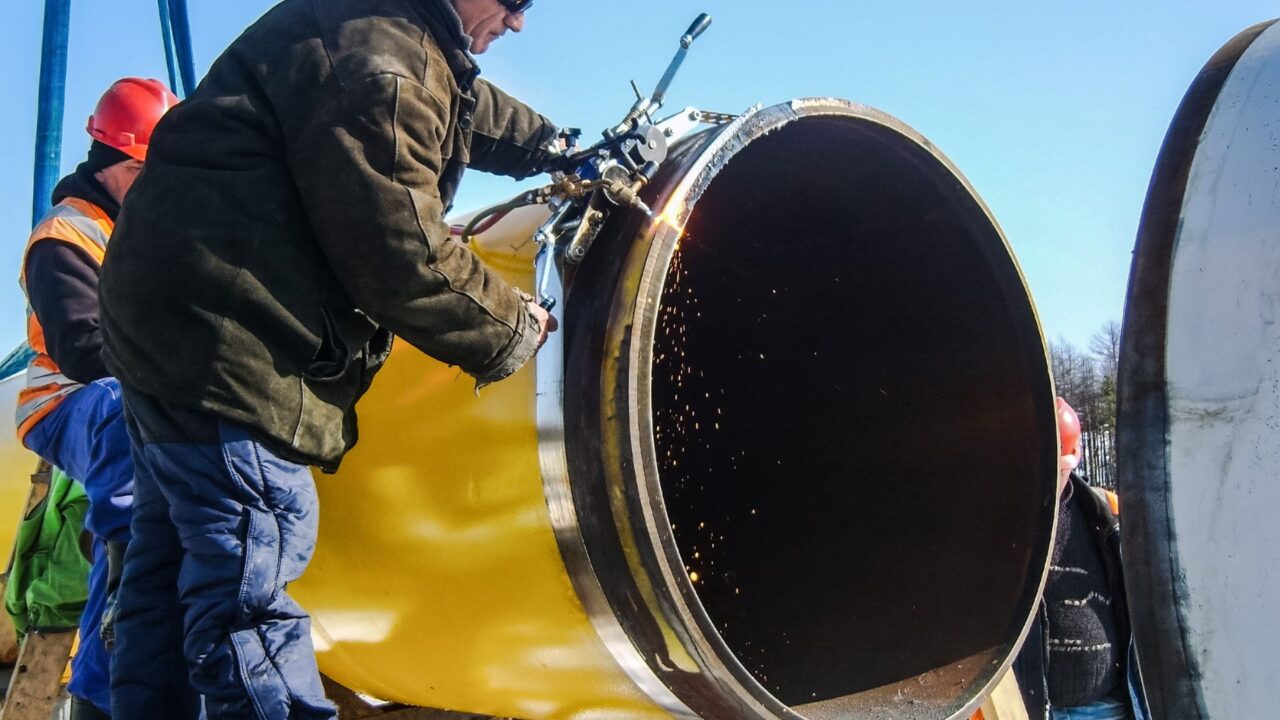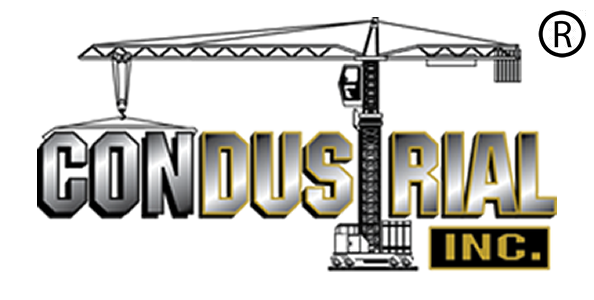Pipe Fitting: A Comprehensive Guide for Aspiring Professionals

A pipe fitter, often considered a specialized plumber, plays a crucial role in industrial settings. They are responsible for installing, maintaining, and repairing pipes in large-scale industrial projects. Unlike standard plumbers, pipe fitters handle more complex tasks involving various types of pipes, including stainless steel and other alloys. Their work encompasses shaping these materials through welding and bending to meet industrial specifications.
The Importance of Pipe Fitting
Pipe fitters are integral to numerous industries due to their ability to work with a wide range of pipe materials and systems. They are involved in every step of the process, from planning to installation, using advanced welding equipment, cutting torches, and various hand and power tools. The skills required for pipe fitting are extensive and often lead to certification, signifying mastery in this field. Their expertise is critical in ensuring that industrial-grade materials and pipes are installed and maintained under strict guidelines, thereby preventing future issues and ensuring the smooth operation of industrial systems.
Installation Services and Skills
Pipe fitters not only create and repair pipes but also transport and install them on-site. This aspect of their job is vital for maintaining pipe systems in industrial settings. They conduct thorough tests on pipes to ensure they can withstand high-pressure environments, have no deformities or leaks, and are durable for constant use. Their ability to adjust, repair, or replace existing pipes is essential, especially in industries like oil and gas or medical facilities, where specific materials and standards are required.
Certification and Expertise
The field of pipe fitting is ever-evolving, with new technologies and materials constantly emerging. Certified pipe fitters are expected to engage in continuous learning to stay abreast of these changes. Gaining a certification demonstrates that a person can adapt to new methods and innovations, while maintaining their relevance and expertise in the field.
The field of pipe fitting is ever-evolving, with new technologies and materials constantly emerging. Certified pipe fitters are expected to engage in continuous learning to stay abreast of these changes. This ongoing education ensures that they can adapt to new methods and innovations, maintaining their relevance and expertise in the field. Getting certified in pipe fitting involves a combination of education, hands-on training, and passing certification exams.
Here’s a step-by-step guide to achieving certification in this field:
1. Educational Requirements
- High School Diploma or Equivalent: Start with a high school diploma or GED. Basic knowledge in mathematics, science, and technical subjects is beneficial.
- Vocational Training: Consider enrolling in a vocational or technical school that offers courses in pipe fitting, welding, and related subjects. These programs provide foundational knowledge and skills that are crucial in this field.
2. Apprenticeship Program
- Enroll in an Apprenticeship: Most pipe fitters undergo apprenticeships, which are typically sponsored by trade unions or industry associations. These programs combine classroom instruction with on-the-job training.
- Duration: Apprenticeships usually last 4-5 years and include a minimum number of hours of both classroom instruction and practical, on-the-job training.
- Skills Development: During the apprenticeship, you will learn various pipe fitting techniques, safety protocols, blueprint reading, mathematics, applied physics, and chemistry relevant to the trade.
3. Gaining Experience
- On-the-Job Training: Throughout your apprenticeship, you will work under the supervision of experienced pipe fitters, gaining hands-on experience in different aspects of the trade.
- Diverse Skill Set: Try to gain experience in various settings, such as industrial, commercial, and residential environments, to broaden your skill set.
4. Certification Exams
- Research Certifying Bodies: Depending on your location and the specific area of pipe fitting you want to specialize in, different organizations offer certification exams. Examples include the National Inspection Testing Certification (NITC), American Welding Society (AWS), and various local trade unions.
- Prepare for the Exam: Study the relevant materials and, if possible, take preparatory courses. The exams typically cover technical knowledge, safety regulations, and practical skills.
- Pass the Exam: Successfully passing the certification exam is a crucial step. Some certifications may have multiple levels, requiring you to start with a basic certification and work your way up.
5. Continuing Education
- Stay Updated: The field of pipe fitting is continually evolving with new technologies and methods. Engage in continuous learning and professional development.
- Renewal of Certification: Some certifications may require periodic renewal, which might involve additional coursework or re-examination.
6. Specialized Certifications
- Consider Specialization: You can also pursue specialized certifications in areas like welding, rigging, or specific types of pipe systems, depending on your career goals and interests.
Pipe Fitting vs. Plumbing
While similar to plumbing, pipe fitting is a more specialized service. Pipe fitters typically handle industrial-scale projects, which are larger and more complex than residential plumbing tasks. They often work more with welding than water and sanitation systems, distinguishing them from standard plumbers. Their unique skills make them invaluable to industrial businesses, where the scale and complexity of projects require specialized expertise.
Training and Career Opportunities
Organizations like the Southwest Pipe Trades Association (SWPTA) offer union services to train and prepare pipe fitters for industry work. Their apprenticeships equip fitters with the skills necessary to handle any situation in various industries, allowing them to create their own masterpieces in the field of pipe fitting. For those seeking a career in this hands-on trade, SWPTA provides the necessary training and opportunities to excel.
Pipe fitters are essential in the industrial sector, offering specialized skills that go beyond traditional plumbing. Their expertise in handling various materials, coupled with rigorous training and certification, makes them key players in maintaining and enhancing the functionality of industrial systems.


